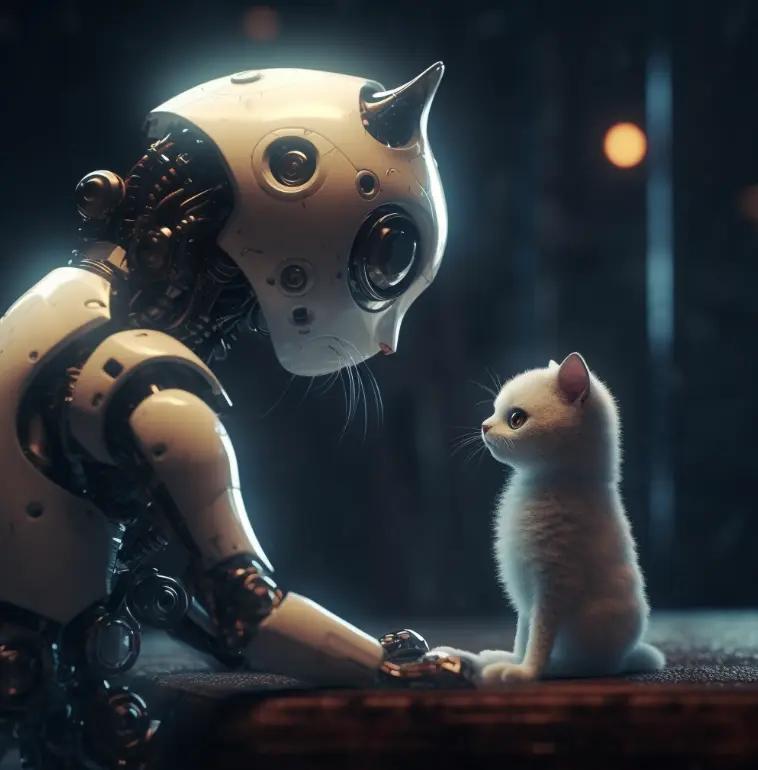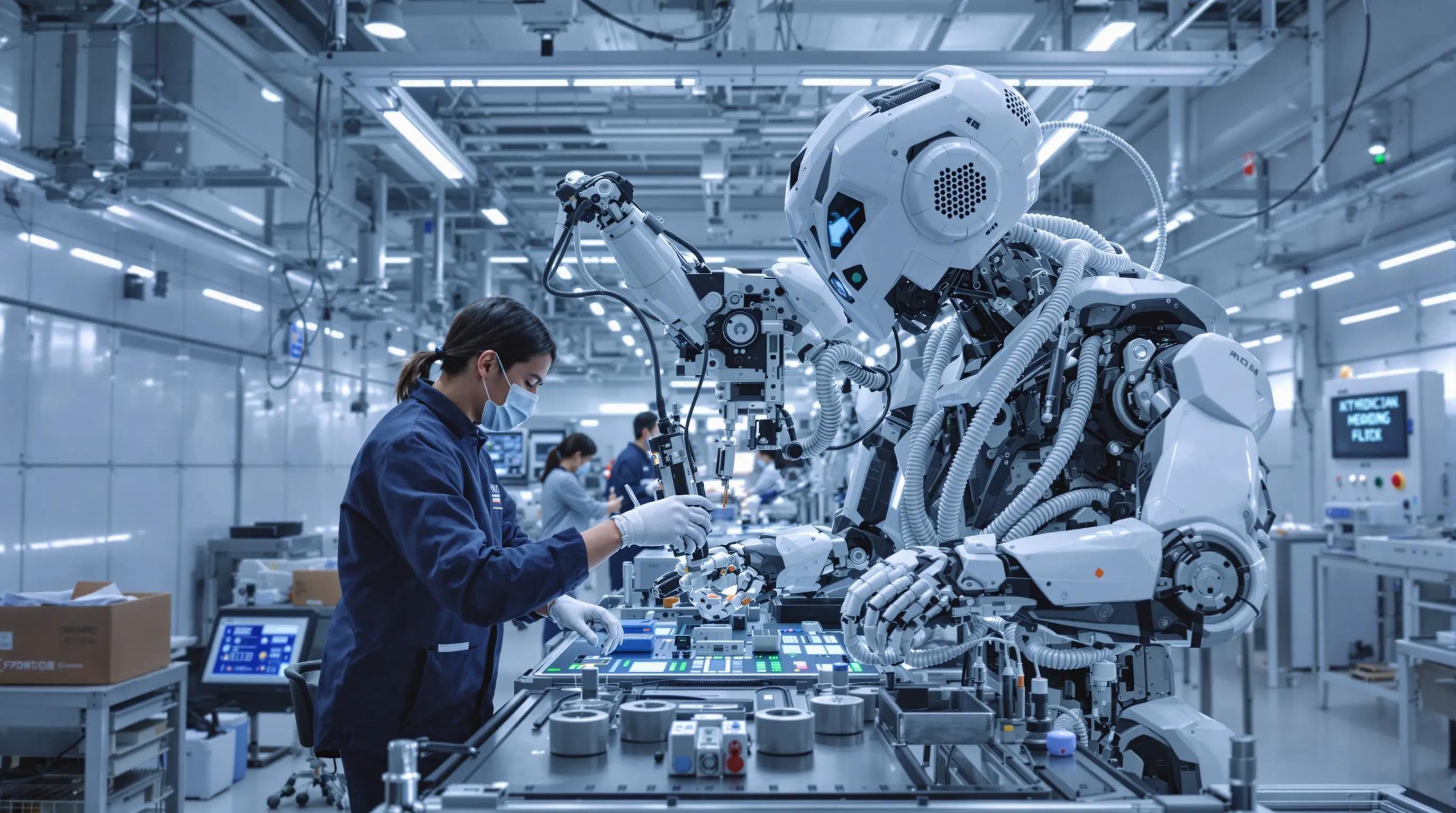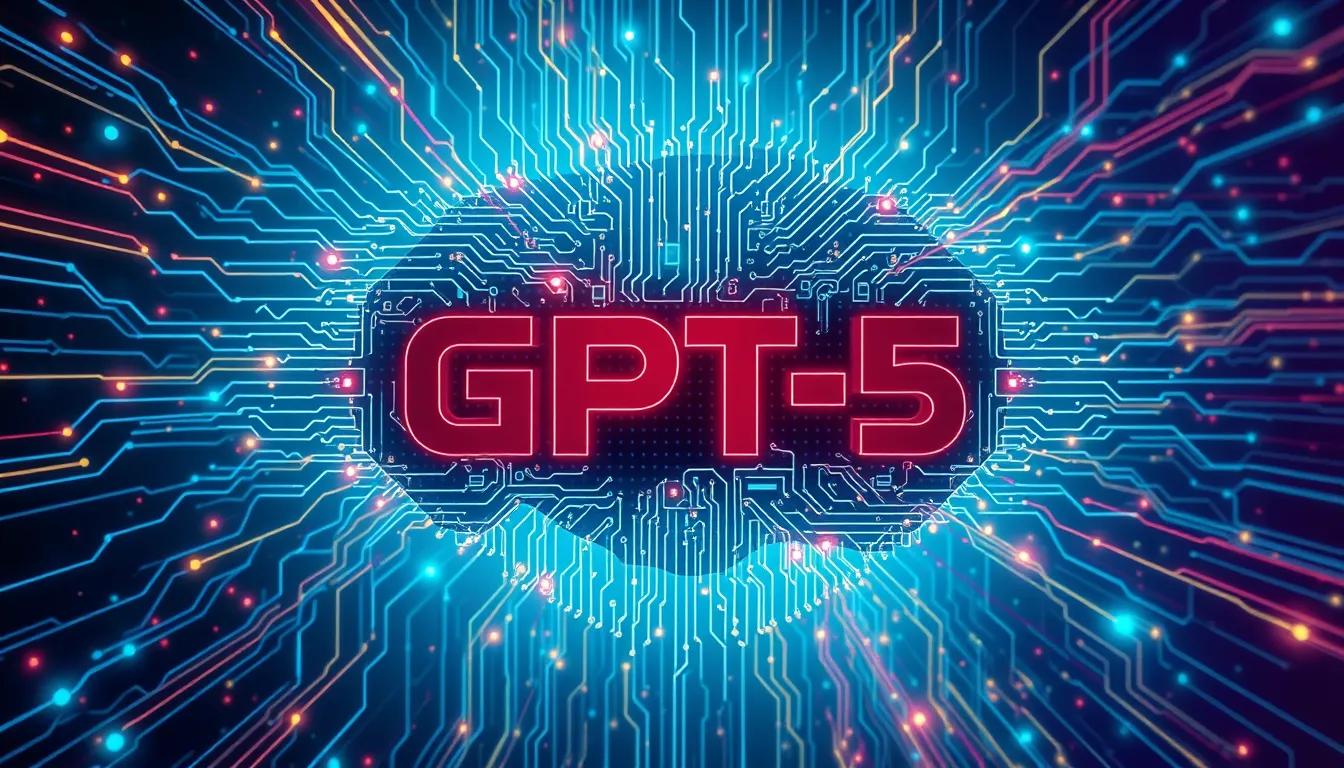March 2, 2024|4 min reading
What is the Difference Between an Algorithm and Artificial Intelligence?

What is the Difference Between an Algorithm and Artificial Intelligence?
Algorithms:
Algorithms are the fundamental building blocks of computing. They are intricate sequences of precise and logical instructions devised to tackle specific problems or execute particular tasks. These instructions encompass a wide array of operations ranging from basic arithmetic computations to complex decision-making processes. Algorithms, in their essence, serve as the backbone of computational problem-solving and have been integral to human endeavors long before the advent of modern computing.
In computer science, algorithms play an indispensable role in the development of software systems. Considered as the bedrock of computational logic, they power various applications across diverse domains. For instance, a sorting algorithm can efficiently arrange a dataset in a specific order, while a searching algorithm can swiftly retrieve relevant information from vast databases.
Artificial Intelligence:
Artificial Intelligence, on the other hand, represents a paradigm shift in computing. It encompasses the aspiration to bestow machines with the ability to emulate human intelligence and reasoning. Unlike conventional algorithms, AI systems possess the capability to learn from data, discern intricate patterns, make autonomous decisions, and adapt their behavior based on experience.
The realm of Artificial Intelligence encompasses a myriad of techniques and methodologies, each aimed at imbuing machines with cognitive capabilities. Artificial Neural Networks, inspired by the human brain's structure, enable machines to recognize patterns and correlations within vast datasets. Machine Learning algorithms empower systems to iteratively improve their performance without explicit programming. Deep Learning, a subset of Machine Learning, leverages multi-layered neural networks to unravel complex relationships in data.
Key Differences:
Nature: Algorithms are static sequences of instructions tailored for specific tasks, whereas Artificial Intelligence involves dynamic systems capable of learning and evolving.
Flexibility: Algorithms are designed with a fixed set of instructions and require modification for adapting to new tasks, while Artificial Intelligence can be trained to handle a diverse range of tasks without substantial alterations.
Automation: Algorithms necessitate human intervention for design and adjustment, whereas Artificial Intelligence systems can operate autonomously once trained, continually refining their capabilities.
Complexity: While algorithms are essential for procedural tasks, Artificial Intelligence systems excel in handling complex, unstructured data and making nuanced decisions based on context.
In summary, while both algorithms and Artificial Intelligence are pivotal in the realm of computing, they represent distinct paradigms with varying degrees of sophistication. Algorithms serve as the cornerstone of computational problem-solving, whereas Artificial Intelligence seeks to imbue machines with cognitive abilities akin to human intelligence. Understanding these differences is paramount for navigating the intricate landscape of modern technology and harnessing its full potential.
Explore more

NVIDIA and Japan: Driving the AI Revolution in Industry
Explore NVIDIA's role in Japan’s AI revolution, from AI agents to robotics, reshaping industries and powering innovation...

AI Translation Glasses: Breaking Language Barriers with Augmented Reality
Discover how AI translation glasses are transforming real-time communication with instant language translation, powered ...

Everything You Need to Know About GPT-5: The Future of AI
Discover everything about GPT-5, the future of AI, its advancements, and its groundbreaking impact on natural language p...
